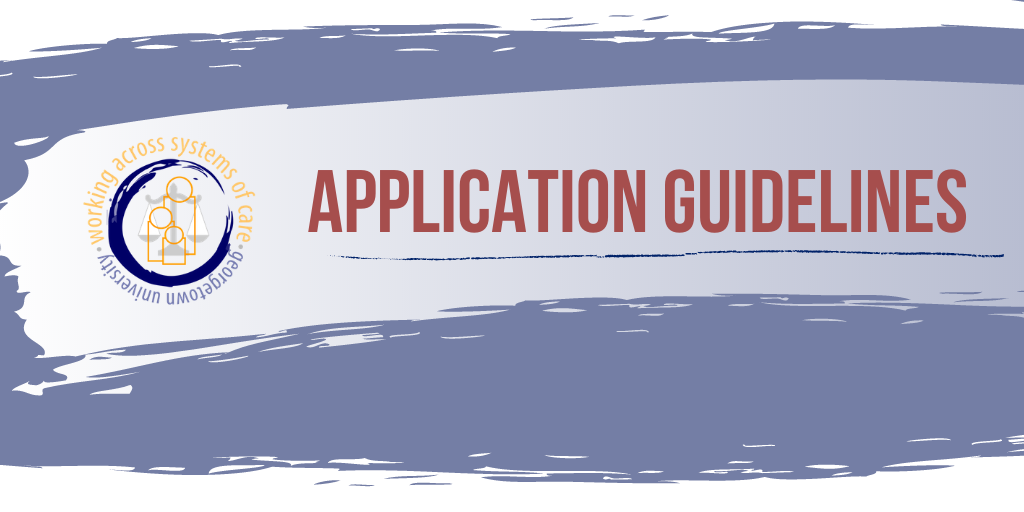Supporting LGBTQ Youth

The Supporting the Well-Being of System-Involved LGBTQ Youth Certificate Program is designed to help youth justice, child welfare, and other system partners improve outcomes for at-risk LGBTQ youth. The program focuses on the challenges faced by LGBTQ youth in child-serving systems (including youth justice, child welfare, education, and behavioral health) as well as strengths and protective factors common to this population. The training also highlights effective policy and practice reforms that promote positive youth development and take a holistic approach to addressing the needs of system-involved LGBTQ youth, ultimately preventing these youth’s unnecessary involvement in the youth justice system.
Through a series of interactive virtual meetings, participants will receive instruction from national experts on SOGIE terms and concepts as well as how to shape organizational cultures and approaches to support the safety and well-being of LGBTQ youth. This includes guidance on how to:
- Develop effective policies, training, and data evaluation efforts;
- Better identify and effectively engage LGBTQ youth and their families;
- Build community capacity to serve this population; and
- Develop comprehensive and multi-faceted strategies and supports that promote positive youth development.
Specific attention will be Specific attention will be paid to the prevalence of multi system involvement and the compounding issues of implicit bias and stigma, racial and ethnic disparities, homelessness, and commercial sexual exploitation of LGBTQ youth.
CJJR has partnered with the National Center for Lesbian Rights and Ceres Policy Research to offer the Supporting LGBTQ Youth Certificate Program.
Curriculum and Instructors
Program Tracks and Application Guidelines
More Information

As part of the Certificate Program, participants are required to develop and implement a Capstone Project during the twelve-month period following the completion of their Certificate Program session.

The primary goal of all of our Certificate Programs is not simply knowledge, but effective implementation in a local reform effort. We study “what works” and collaborate with leaders to bridge the gap between theory and practice.
